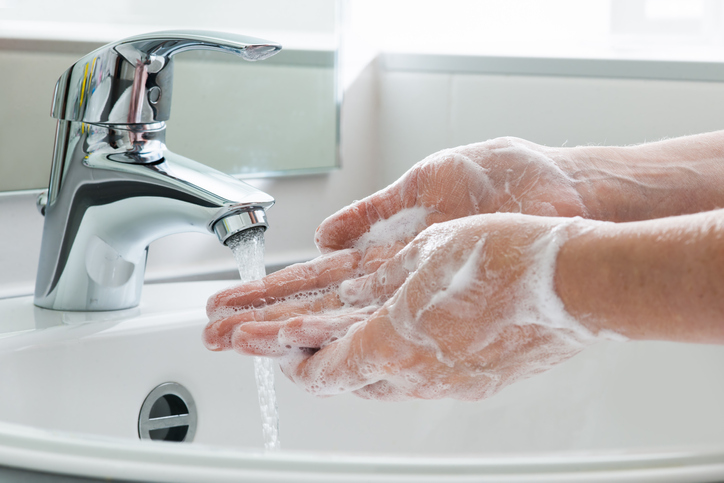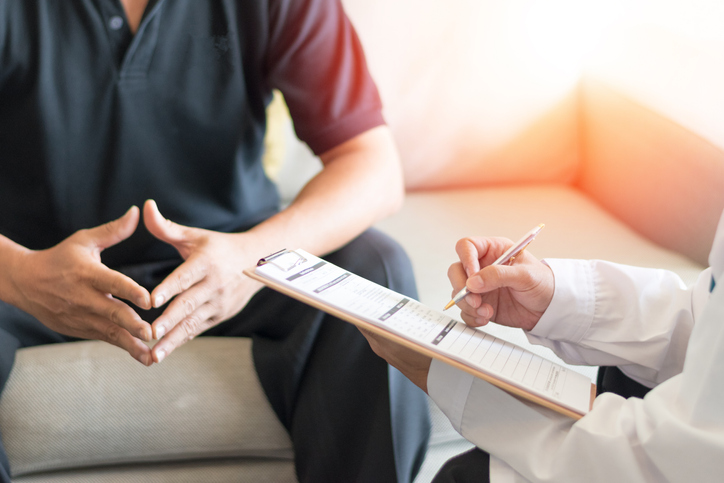Learn About Urine Color and Your Health!
Most people don’t pay much attention to the color of their urine. However, urine color and consistency can provide you with valuable clues about your health.
Normal Urine 101
When urine is normal and healthy, it will be pale yellow in color. Normal urine should also be clear and free of visible precipitates.
Causes of Abnormal Colors
Any number of factors can affect the appearance of urine. Some of the causes of abnormal urine colors include:
- Certain Foods – Some foods, such as beets or berries, may cause urine to change colors. Certain food colorings or dyes may also affect urine color.
- Medications – Certain medications can alter the color of urine significantly, turning it vibrant, unnatural colors.
- Dehydration – Dehydration can cause urine to be darker than normal. If dehydration is the cause of abnormal urine, you can solve the problem by increasing your fluid intake.
- Liver Disease – Liver disease can cause your urine to turn dark brown.
- Urinary Tract Infection – If you have a urinary tract infection, your urine may turn pinkish or reddish.
- Kidney Disease – Kidney disease can also cause reddish urine.
- Tumors, prostate problems, and other rare conditions – In some cases, urine color changes because of a rare condition, such as a tumor in the urinary tract.
What If It’s Cloudy or Foamy?
Cloudy, foamy urine can sometimes result from dehydration. However, if this type of urine persists, it may be a sign of a more serious issue. For example, urine may sometimes appear cloudy if it contains excess protein because of kidney disease. Likewise, urinary tract infections can also produce murky or cloudy urine. Finally, in women, cloudy urine may result if the urine contains vaginal discharge. This issue is more common among women who have a yeast or bacterial infection.
Evaluating Your Urine
An isolated incidence of abnormal urine that occurs in the absence of other symptoms is rarely cause for alarm. However, if you experience abnormal urine on a regular basis, or if you are experiencing other worrisome symptoms, contact Georgia Urology to schedule an appointment at one of our convenient Atlanta area locations. A specialist can discuss with you how to treat and manage your condition.



